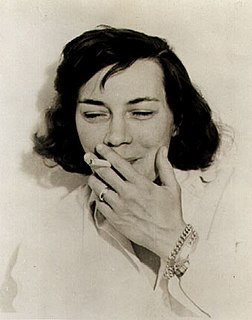A Quote by Marshall McLuhan
In the Phaedrus, Plato argued that the new arrival of writing would revolutionize culture for the worst. He suggested that it would substitute reminiscence for thought and mechanical learning for the true dialect of the living quest for truth by discourse and conversation.
Related Quotes
Would it be better if religions were to disappear? I have no idea. Since I do not have any confidence in the association of truth with virtue, I am not sure if the world would be a better place if people believed more true things. But what is undeniable is that we cannot understand our own culture unless we recognise that it was formed, for good or bad, as a Christian culture. It's an illusion that we could somehow recover a human essence which is independent of the way it was created by culture.
They were not friends. They didn't know each other. It struck Tom like a horrible truth, true for all time, true for the people he had known in the past and for those he would know in the future: each had stood and would stand before him, and he would know time and time again that he would never know them, and the worst was that there would always be the illusion, for a time, that he did know them, and that he and they were completely in harmony and alike. For an instant the wordless shock of his realization seemed more than he could bear.
This new war, like the previous one, would be a test of the power of machines against people and places; whatever its causes and justifications, it would make the world worse. This was true of that new war, and it has been true of every new war since... I knew too that this new war was not even new but was only the old one come again. And what caused it? It was caused, I thought, by people failing to love one another, failing to love their enemies.
My curiosity, alas, is not the kind that can be satisfied by objective knowledge. Plato said that opinion is worthless and that only knowledge counts, which is a neat formulation. ... But melancholy Danes from the northern mists understand that opinion is all there is. The great questions transcend fact, and discourse is a process of personality. Knowledge cannot respond to knowledge. And wisdom? Is it not opinion refined, opinion killed and resuscitated upward? Maybe Plato would have agreed with this.




































